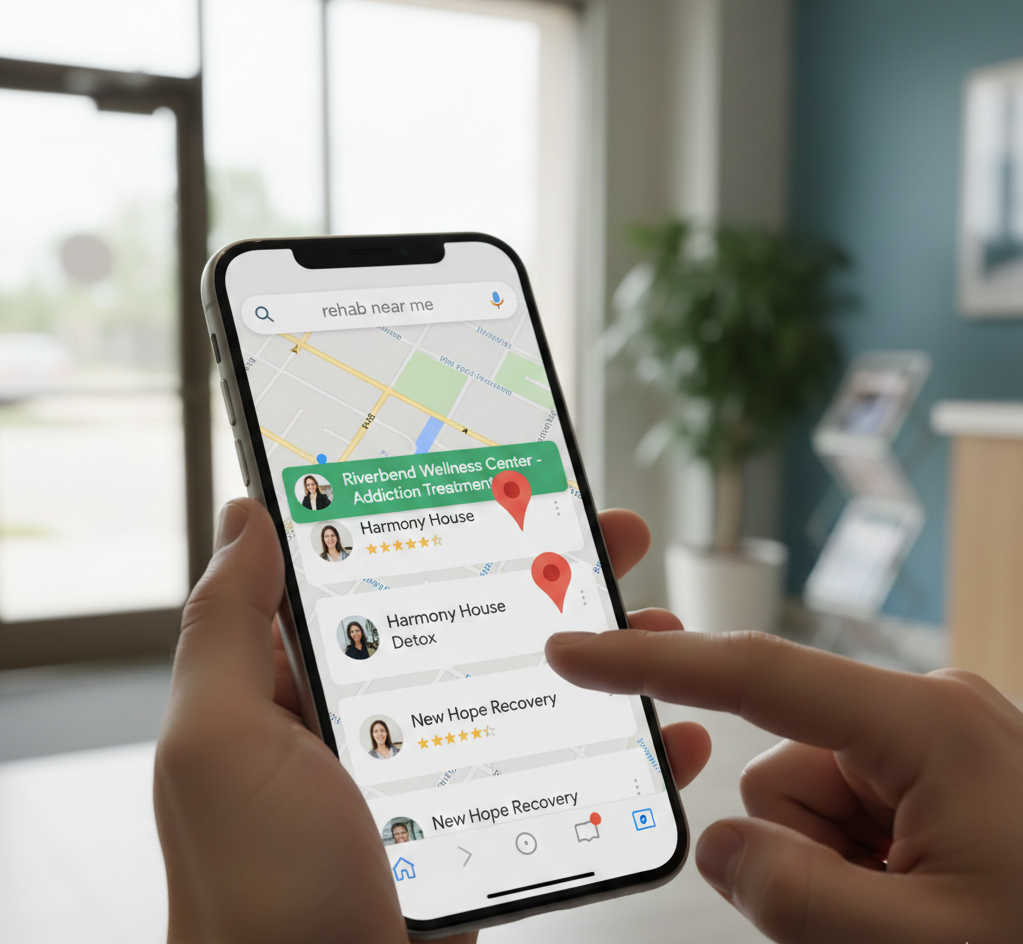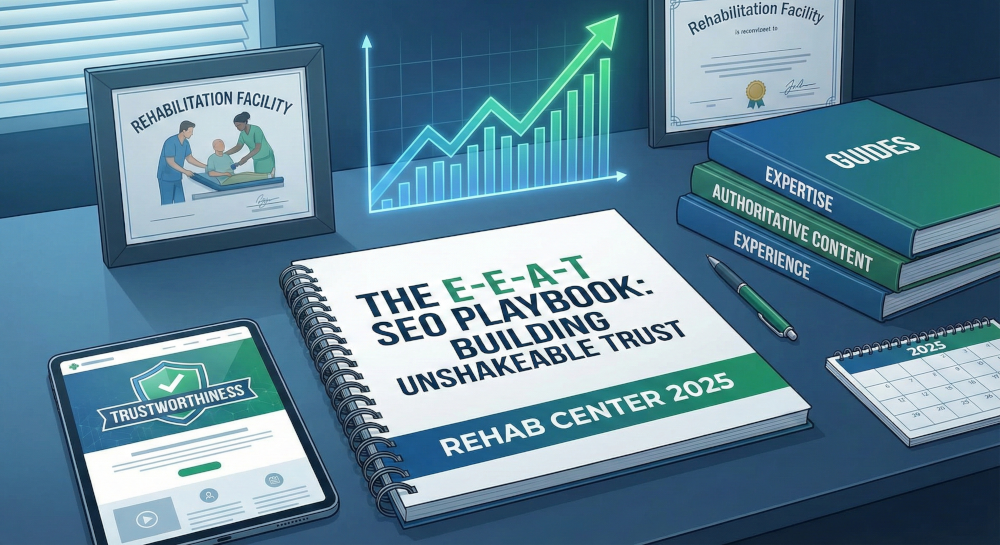
If you’re constantly feeling overwhelmed and like there aren’t enough hours in the day to get through everything you possibly need to do, it’s time to evaluate your time management skills. It’s time to take a look at what’s really taking up your time during the day, and become more aware of the things that are killing your work productivity.
Whether you work in a standard office like me, or work from home like many of the people I know, I am willing to bet there’s at least one, if not more of the things on the list below that are zapping your work productivity. One study shows 89% of employees admit to wasting at least some amount of time every day at work – 31% say they waste 30 minutes a day, while another 31% claim they waste about an hour a day. Those labor expenses add up.
Overview
Facebook and Other Social Media Platforms
This one is really hard if you’re a social media professional of any kind – whether you’re managing your social accounts for your business, or working to manage social media for clients. It’s super easy to log on to Facebook to check an ad campaign, and then find yourself scrolling through your friends’ updates, countless kitten photos, and recipe videos. I’ve fallen victim to this a time or two – I’m sure we all have.
And it’s not just Facebook. How many times have you hopped on Twitter for a chat, only to find yourself chatting with friends, in the name of networking, when you’re supposed to be working on something else?
So, what can you do to keep it from being such a time suck, when you need to use it for work? Here are a few ideas:
Create and stick to your business social media plan. Once you have it mapped out, you’ll have a much better idea of what you need to do when you spend time on social media – making it easier to get in, get it done, and get out.
Use scheduling tools like Hootsuite, Buffer, and Oktopost, to schedule your posts once a week. Then, set a time limit every day to check in and post live to each network. Set a timer and stick to it. If you find that it’s not enough time to respond to everything, increase it in five minute increments. Start with no more than 10 to 15 minutes. Use the timer on your phone if nothing else.
Eliminate distractions – cough, Facebook chat, cough. Turn it off when you’re using it during business hours, and encourage co-workers to communicate with you via another channel. Turn off any other non-vital notifications. Do you really need to know every single time someone tweets you?
If you’re feeling brave, go one step further and remove social media apps from your phone. It’s a good option if you find yourself constantly checking your phone, and can help you break free of the habit.
Your Phone
Let’s face it – whether it’s your smartphone dinging with those social media notifications, or the office phone that won’t stop ringing, the phone can be a problem. Resolve to limit all phone conversations to a certain time limit unless you’ve scheduled a meeting for a longer phone call. Avoid looking at your phone except during lunch breaks, and turn off those social media notifications.
Set a certain amount of time every day, say 30 minutes to an hour at the end of your work day, to return phone calls you received while working on something else. If something can be accomplished via a face-to-face meeting easier than it can be on the phone, do what you can to schedule a meeting in place of that phone call. If distance is an issue, turn to a Skype or Google Hangout video chat to demonstrate what you would in person.
Meetings
Sometimes meetings are necessary, but the reality is, most businesses are scheduling way too many of them. While meetings may seem like a good idea because they get everyone together at once to discuss whatever issues – the act of getting to and participating in the meeting pulls everyone’s brain power from other tasks.
Accomplish what you can without having a formal meeting – chat in your Slack channel, or spend time with each employee – five minutes or less, to catch up. If you absolutely must hold a meeting, schedule it to end about 10 minutes before the hour. This can help keep everyone on track, and help avoid the inevitable domino effect if the meeting runs behind. Meetings are a big distraction, and if that meeting calls for five people, and lasts an hour, you’ve just cost the business five hours of work productivity. Use that as a metric when you decide if a meeting is truly needed. There’s no such thing as a one-hour meeting… unless you’re the only one there for an hour, and then it’s not a meeting, is it?
Email is a huge time-suck, mostly because we feel compelled to respond almost immediately after receiving a message. And all that time adds up, with the average white collar worker spending 4.1 hours each day, r 20.5 hours a week (more than half their time on the clock) answering emails.
If you want to get an idea of how much time you’re spending over the course of your career answering emails, take a look at this calculator. Start with how old you were when you started working and the age you are expected to retire. Then put in the number of times you interrupt t what you’re doing to check your email every day.
If you start working at age 21, retire at age 67, and only interrupt your day twice, you’ll spend 47,150 hours over the course of your career on email – and 8,816.7 hours distracted by email interruptions. To put things in perspective for you, that’s more than five years of your career focused on email alone. Scary, huh?
Transition Rituals
There’s nothing wrong with taking breaks throughout your workday. In fact, taking breaks is more conducive to productive than it sounds like it would be. But, it’s those transition rituals – taking the 10 minutes after you’ve finished a task, but before a meeting starts, to get engrossed in something other than work that can derail your progress.
Yes, decompression is important, but the simple fact is, we build a lot of it into our days, to help ease us into and out of the next work related tasks. Instead of using these bumpers, take breaks throughout the day… and build a larger chunk of decompression time into your day toward the end, so you can relax and get some good rest. Working too much won’t increase your output – but getting enough sleep can.
Chatting with Co-Workers
Even if you’re not physically near your co-workers, technology makes it easy to talk to them. Whether through GChat, Facebook Messenger, or another instant messaging platform, it’s easy to get caught up in conversation with friends and coworkers over the course of your workday.
You think it’s no big deal because you’re already at the computer working anyway, and it’s different than if you were to get up and walk away to talk on the phone or chat in person. But, switching back and forth from chat window to chat window and to your work tasks can be distracting. This makes it harder to focus on the task at hand, and even though it may get done, it will definitely take you longer than it would if you were not chatting the entire time you were working on it.
Multi-Tasking
It sounds good in theory, right? Look at me getting so much done. I started the laundry, the dishwasher, and put dinner in the slow cooker in 20 minutes. Now, I’m free to work on the really important stuff. it’s easy to get a lot done at once – if it’s passive. But, when you’re answering the phone and emails at the same time – it’s suddenly not as easy, is it? You’ll either find yourself typing the words you’re saying out loud, not the ones you need to, or completely zoning out on the phone conversation as you focus on the email.
If you’re trying to do too much at once, then it slows down the progress on all the tasks, and possibly even the quality of work, too. Multitasking makes you feel more productive, but studies show only 2% of the population can actually multitask successfully.
If you find yourself only able to work in 15 minute spurts on each task – then do that, as long as you’re devoting the full 15 minutes to the task before switching to something else. It doesn’t have to be 15 minutes – it can be any size chunk of time, as long as you’re focusing solely on that task and nothing else. One study shows the most productive people work for a period of 52 minutes, and then take a break for 17. Sure it’s random, but give it a try and see how it works for you – without multi-tasking.
How Many of These Do You Commit Regularly?
If you’re being 100% honest with yourself, how many of these time sucks are you dealing with on a daily basis? How much time do you think they’re costing you?
I challenge you to install something like RescueTime on your computer. It runs on both your computer and mobile devices, in the background, so you can track the time you spend in various applications and websites, allowing to you see how you really spend the time. You’ll even get detailed reports and data based on your activity.
Before you start using it, estimate how much time you’re spending on all the common places you visit over the day – for work and for play. Run the program for a day or two, maybe even a week, so you can get an accurate picture of how much time you’re spending (wasting) everywhere throughout your day. At the end of the experimental period, look at the data and see how correct you were.
Once you’ve identified how much time you’ve wasted, create a plan to reclaim it. Reclaim it at work and home. Did you really need to spend five minutes every hour replying to email, or could you do it in 30 minutes at the end of the day? Do you really need that 30 minute Facebook game binge to wind down after work? Or, could that 30 minutes be better spent reading a book before bed? Or out to dinner with a friend?
Now, once you have your plan to reclaim it in place, run RescueTime for another week and see how you did – not only in terms of sticking to your plan, but how much more productive you’ve been. You didn’t get anymore hours in the day – but you got more done, didn’t you? (If you didn’t, that’s okay, too. Try again next week.)
How do you deal with these inevitable time sucks? Tell me in the comments below.
Contact us today to get the conversation started!









